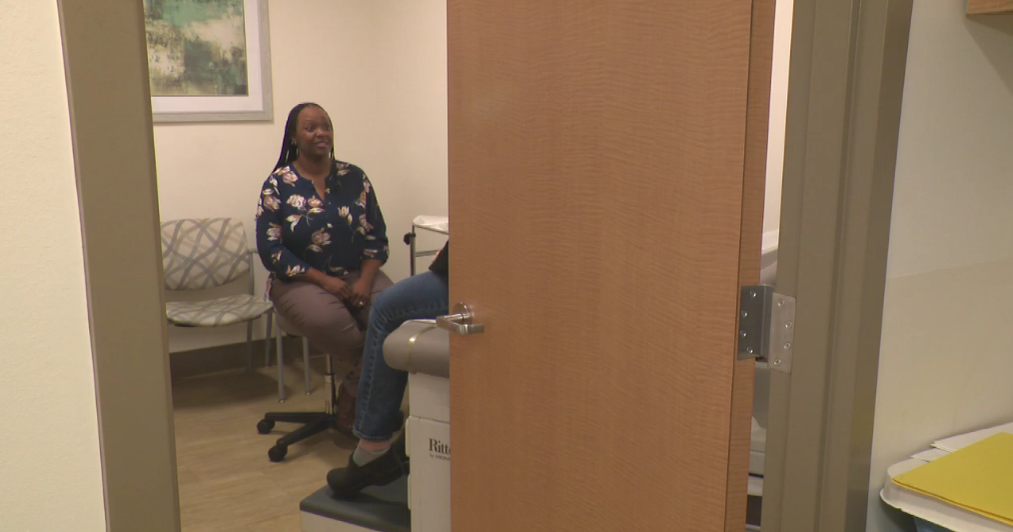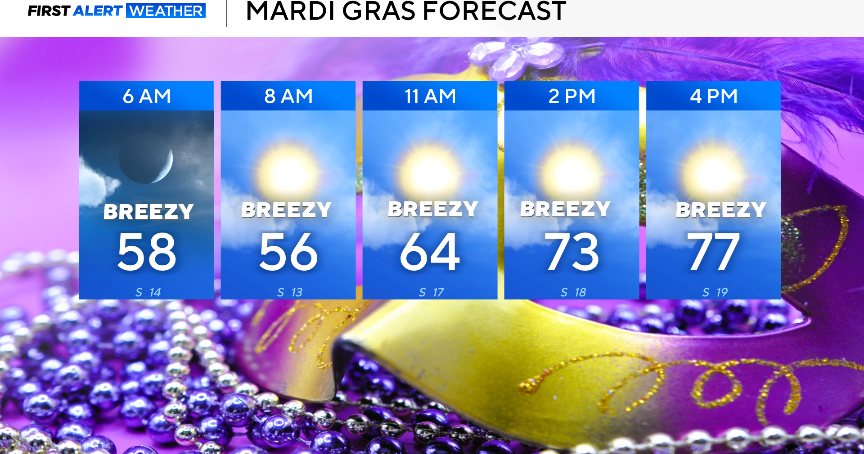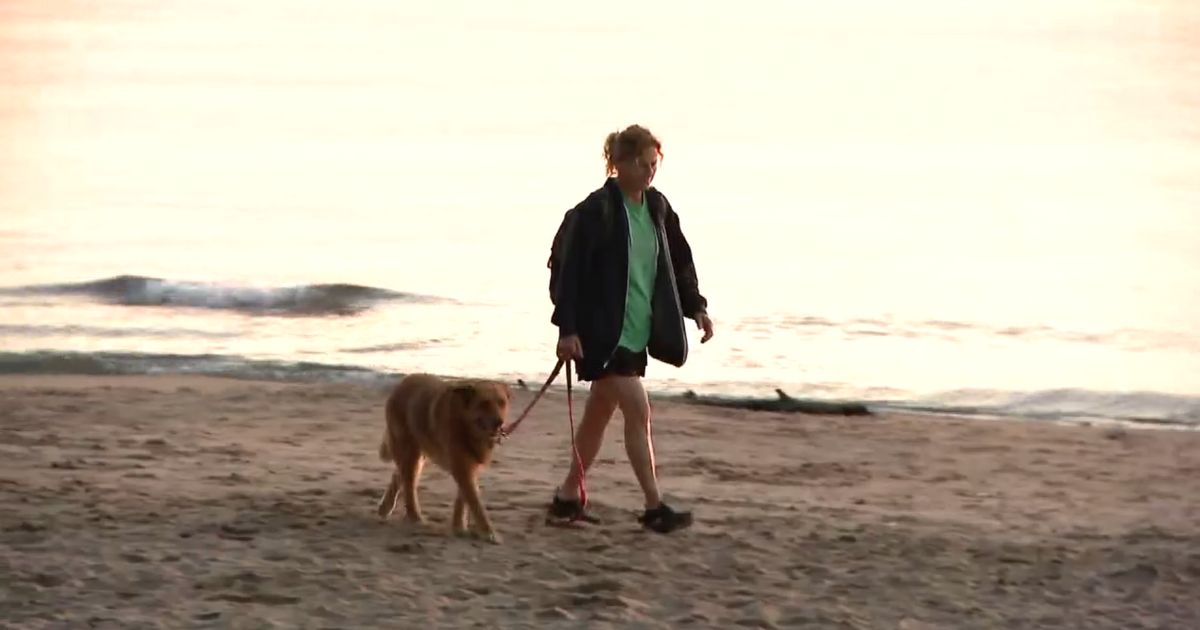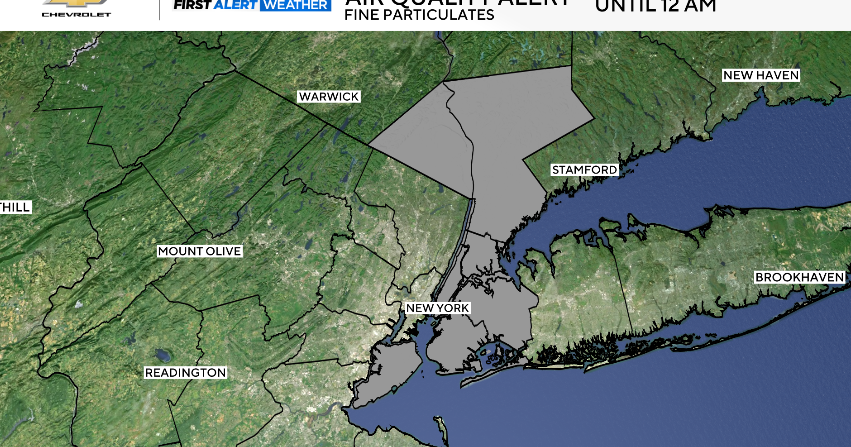Expert Q&A: Childhood Vaccine Safety
 WebMD Health News
WebMD Health News
Reviewed by Jennifer Shu, MD
For parents, childhood vaccines are a source of reassurance -- protecting your child against disease naturally helps you sleep better at night -- but also anxiety about side effects and reactions.
With misinformation about vaccines and health problems, it can be difficult for a parent to sort it all out.
For help, WebMD turned to the CDC's Frank DeStefano, MD, MPH, director of its immunization safety office.
Are there dangerous side effects or reactions to childhood vaccines?
Fortunately, dangerous side effects or reactions to vaccines are few and rare.
Probably the main one is anaphylaxis, a severe allergic reaction. But like I said, it’s rare. It occurs on the order of one per several hundred thousand to one per million vaccinations.
The other condition is encephalopathy, and that is even more rare, primarily reported with the [old form] of pertussis [vaccine]. But that hasn't been used in the United States for more than 10 years.
In terms of reactions that have the potential to kill you or result in lasting disability, they are very rare.
We hear about adverse events; is that the same as a dangerous reaction?
An adverse event following immunization can be any adverse health condition that occurs after the vaccination. It doesn't necessarily have to be caused by the vaccine.
Can you give an example?
Vaccines are given to millions of people every year. A lot of people will have adverse health events that occur just coincidentally after vaccination. An adverse event of pregnancy is miscarriage, those occur in 10% or more of pregnancies. Often if a woman has a vaccine and then within several weeks has a miscarriage, there is the temptation to say the miscarriage was caused by the vaccine.
What does the CDC do when it gets a report that a vaccine has caused a serious side effect?
It depends on the nature of the condition. There is a routine reporting system; physicians can file reports. What we do depends on whether it is a known adverse reaction to a vaccine or whether it's not known.
We get as detailed information on the case as possible.
If it's a known adverse vaccine reaction, usually questions arise about the clinical management [for the patient]. For example, febrile seizures. This is a known adverse reaction after MMR [measles, mumps, rubella] vaccine, [occurring in] about 1 in 2,500 vaccinations.
It's known that febrile seizures following [vaccination] are known to be fairly benign with a good prognosis.
If it's an unknown reaction, often a physician will call and want to know if the vaccine caused it. We encourage the physician or provider to file a report. We review [the database] to see if there is kind of a pattern that does indicate this particular adverse event is occurring more frequently with this vaccine than with other vaccines.
Usually the next step would be to initiate more formal epidemiological investigation. Usually that is through our program called the Vaccine Safety Datalink (VSD). That’s a collaboration we have with 8 managed care organizations.
They cover about 9 million people and they have electronic records.
Do vaccines cause autism?
The scientific evidence is clear that vaccines do not cause autism. The Institute of Medicine, IOM, issued a report in 2004. ... Studies since 2004 have continued to find no increased risk of autism following vaccination, including a study we published in Pediatrics.
Is it dangerous for kids to be getting so many vaccines at once?
The available scientific data show that simultaneous vaccination with multiple vaccines has no adverse effects on the normal childhood immune system.
A number of studies have been conducted ... and these studies have shown that recommended vaccines are as effective in combination as they are individually and that such combinations carry no greater risk for adverse side effects.
So no evidence suggests that the recommended childhood vaccines can, quote, overload the immune system.
Are the combination vaccines safe?
Combination vaccines have been used since the mid-1940s. ... They have been used for many years without evidence of adverse effects and just as effectively as giving them singly.
There are a few exceptions. The most notable is the MMRV: measles, mumps, rubella, and varicella all in one. Febrile seizures can occur more frequently with a combination MMRV than when MMR and V are administered as separate injections.
So are they recommended as separate injections?
That is kind of left to the physicians. A clinician should explain the risks and benefits carefully with the child's parents. If they think the parent may not understand, there is a suggestion to give the MMR and varicella separately.
How will I know if my child is having a bad reaction?
If it's any unusual condition such as a high fever [over 100], weakness, or behavioral changes that are particularly concerning to the parent, such as the child is unresponsive ... the ones to really look out for are signs of a serious allergic reaction, and these can include difficulty breathing, hoarseness or wheezing, hives, weakness, a fast heartbeat, or dizziness.
They should call the doctor and get to the [child's] personal doctor right away.
If your kid is sick, should you get vaccinated or wait?
A child with a mild common illness such as a cold or a low-grade fever does not have to wait to be vaccinated. It is preferable to delay vaccination for a child with a more severe illness.
If they have just the sniffles or mild diarrhea, it would be OK to vaccinate.
If my child is taking medications on a regular basis, such as for ADHD, or steroids, are there interactions with vaccines I need to be concerned about?
The parent should consult with their health care provider before getting that vaccination. But in general the commonly used medications, including those for ADHD, are not known to have powerful interactions with vaccinations.
Short-term steroid therapy is usually not a contraindication to administer live virus vaccines. ... There's no evidence of increased severity of reactions to live attenuated vaccine that's been reported among people receiving corticosteroid therapy by aerosol ... so that sort of therapy is not a reason to delay.
Higher doses or longer-term treatment, someone probably being treated for a fairly chronic or severe medical condition, should consult with their health care provider before being vaccinated.
My child has a weakened immune system. Is it safe to vaccinate?
Again, it depends on the level of weakened immunity. If the child has leukemia or other types of cancer, or AIDS, they should not receive vaccines with live weakened or live attenuated vaccines. Examples of these include measles, intranasal influenza. Obviously any decisions ... should be made on a case-by-case basis in consultation with the child's doctor.
We are talking about live vaccine. ... Most of the other vaccines are inactivated. Inactivated vaccines can be administered safely to persons with altered immunocompetence.
SOURCE:Frank DeStefano, MD, MPH, director, immunization safety office, CDC.
© 2010 WebMD, LLC. All rights reserved.
________________________________________________
More from WebMD
- Rotavirus Vaccine Not Linked to Risk of Intestinal Disorder
- Rotavirus Vaccine Linked to Bowel Disorder
- FDA Notes Baby Vaccine Bowel Problems
- Rotavirus Vaccine a Success Story
________________________________________________







